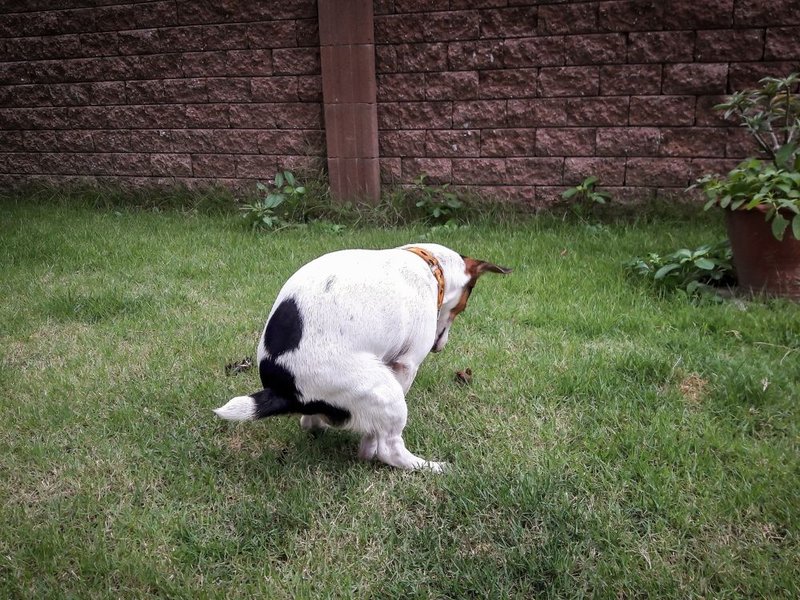Many people aren’t sure what to do when their dog becomes constipated. Fortunately, there are a few natural laxatives that can often help get things moving again.
In this blog post, we’ll discuss some of the best options for constipated dogs. So if your pup is feeling backed up, keep reading!
11. Water, Water, And More Water
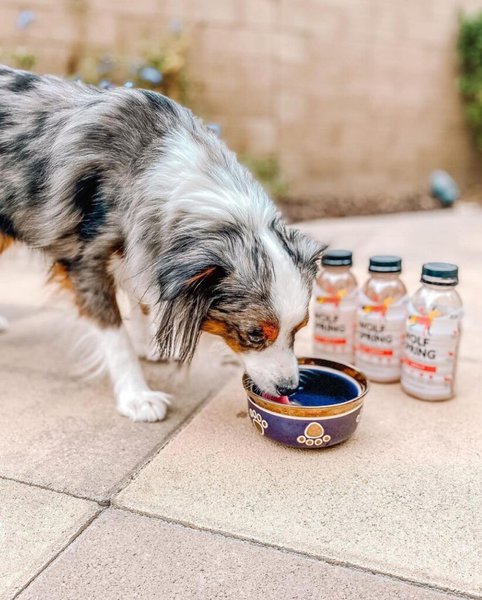
Giving them water may help to relieve their symptoms. Offer them small amounts of water frequently throughout the day.
Water helps to keep your dog’s digestive system moving. It also helps to soften their stool, making it easier for them to pass. If your dog is constipated, offering them water may help to relieve their symptoms.
The amount of water you should give your dog will depend on its size and weight. A good rule of thumb is to offer them 1 ounce of water per pound of body weight per day.
10. Grains

Some of the most effective and natural options include feeding your dog grains such as rolled oats, cooked brown rice, or whole-wheat bread. These foods provide important dietary fiber that helps to break down food more easily during digestion and also helps to regulate bowel movements.
Additionally, grains such as barley and oatmeal can be added to food as a tasty topping or added to homemade treats to add flavor while promoting digestive health.
9. Exercise
Exercising your dog helps with constipation by increasing the production of digestive enzymes and good bacteria in the digestive tract. This stimulation to the digestive system can help keep things moving by breaking down food, fat, and waste better. Walking or jogging will also help stimulate your dog’s peristalsis (the wave-like muscle contractions that move food through their intestines).
Try the IDOGMATE Automatic Ball Launcher in this case as a way to take the simple game of catch to a whole other level for your furry little buddy with gut benefits. Dogs are generally interested in a game of fetch. What better way to keep them fit and entertained simultaneously?
8. Psyllium Seed
Psyllium Seed is a natural fiber supplement that comes from the Psyllium plant. This herb has been used for centuries to help with constipation, diarrhea, and other digestive problems. For dogs, it can be very effective in helping loosen stool and making its passage easier for them.
There are many different ways to use this type of fiber supplement in your dog’s diet.
One way to give your dog Psyllium Seed is through the food they eat. You can simply add a small amount to their regular food or mix it into water and add it directly to their bowl before serving. It will work just as well either way.
Fiber for Dogs With Psyllium Seed Husk Powder is a fantastic source of the stuff and is an all-natural, two-ingredient product with dehydrated beetroot as the only other compound.
7. Digestive Enzymes
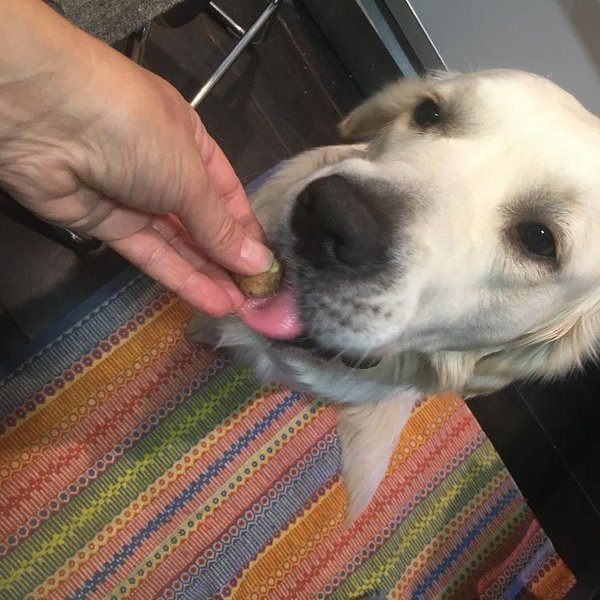
In many cases, dogs experience constipation due to a lack of digestive enzymes in their system. This is especially common when switching up your dog’s diet or introducing new foods into their diet.
If you notice that your dog is suffering from constipation, you may want to try supplementing with a high-quality digestive enzyme formula.
6. Probiotics
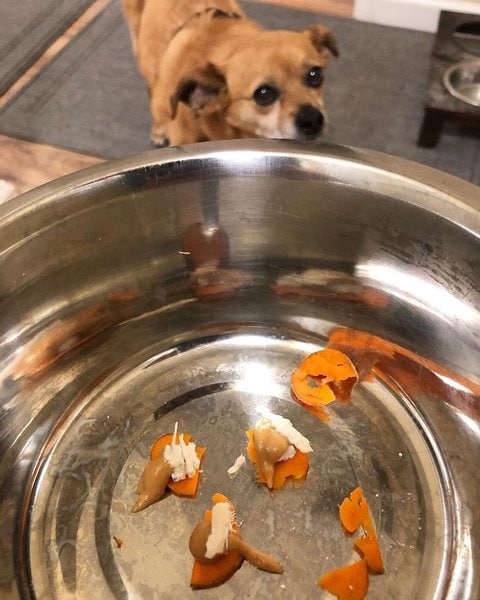
There are a few ways in which probiotics can help your dog with constipation. Probiotics can help to increase the amount of water in the stool, making it softer and easier to pass. They can also help to increase the number of healthy bacteria in the gut, which can help to speed up the movement of food through the digestive system.
Finally, probiotics can help to reduce inflammation in the gut, which can make it easier for the stool to pass.
5. Switch To Wet Dog Food
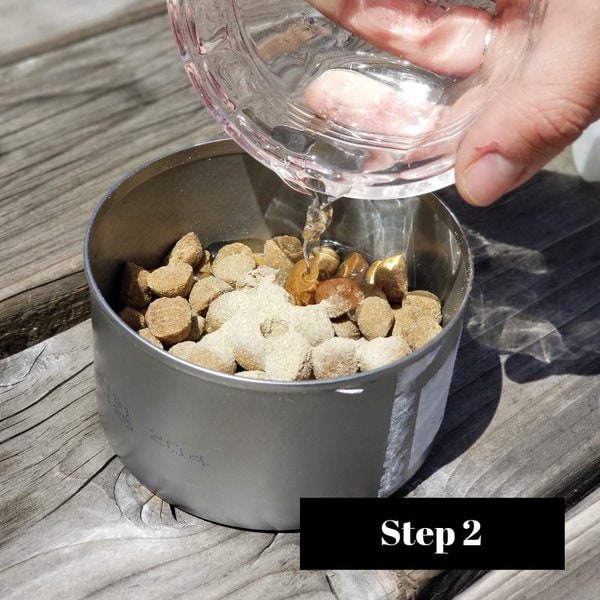
Wet dog food provides great hydration due to the high moisture content in the meal, which can help to prevent constipation from occurring. In addition, wet dog food often contains more fiber than dry kibble, which is key for promoting healthy digestion and regular bowel movements.
If you are currently feeding your dog dry kibble for breakfast and dinner each day, try switching up the routine to a 50/50 split of wet and dry dog food instead. This will help to better control the consistency of your pet’s stool while also ensuring that they have access to plenty of water throughout the day.
4. Milk
Feeding your dog with milk can help to relieve their constipation. This is because the lactose in the milk can act as a natural laxative that helps soften their stool and stimulate bowel movement. You should only give your dog small amounts of milk at a time, as too much of it can cause diarrhea and other stomach problems.
The Honest Kitchen Instant Probiotics Goat’s Milk is a wonderful option to use in this case. Just add some water to the all-natural goat’s milk and give it either directly or with dry kibble. It comes with probiotics to alleviate any digestive problem your pooch may have.
Apart from its laxative properties, it is also a rich source of calcium for teeth and bone health.
3. Pumpkin
Pumpkin is another favorite for dog owners when it comes to dealing with constipation. This is because of its high water and fiber content. These two are required for proper digestion, formation of stool, and passage through the gut.
One way to give it to your dog is by pureeing it and adding wet dog food. You could also get it ready-made in which case Fruitables Pumpkin Dog Digestive Supplement is your best option. The formula includes several fruits, vegetables, and herbs for optimum gut health including pumpkin, apple, and spinach.
2. Commercial Laxative Drugs
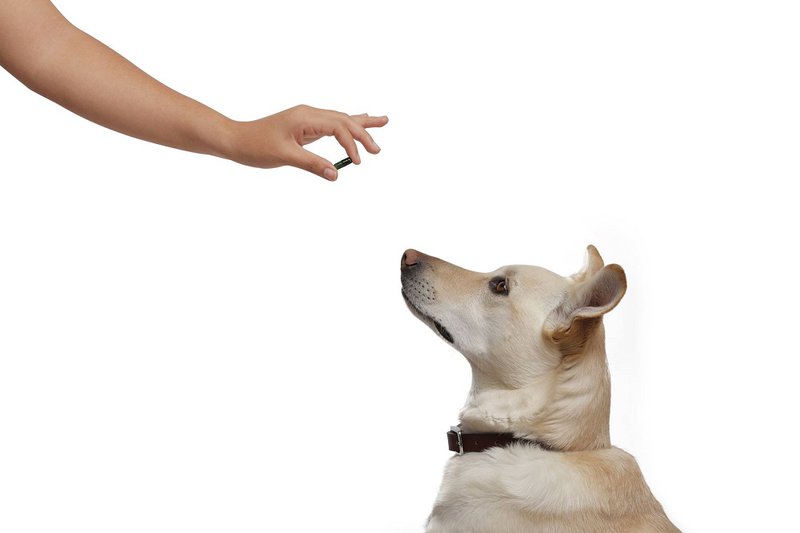
Laxative drugs help your dog with constipation by increasing the amount of water and electrolytes in the intestine, which helps to soften the stool and stimulate bowel movements.
Some laxatives also contain other ingredients that can help to stimulate peristalsis, a wave-like muscle contraction in the intestine that moves food through the digestive tract. Additionally, some laxative drugs contain fiber or a stool softener to further promote healthy bowel movements.
While using laxative drugs is generally considered safe for dogs if used as directed by your veterinarian, there are some potential side effects and risks associated with their use. Some of these include dehydration, electrolyte imbalances, changes in blood pressure and heart rate, damage to the intestinal wall, and negative interactions with other medications or supplements your dog may be taking.
1. Enemas
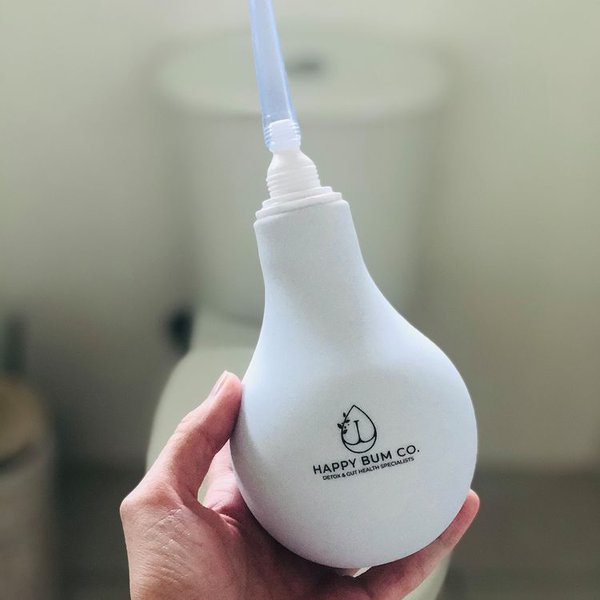
An enema is a procedure done to flush out stool that is stuck in the colon. There are different techniques used including some that use tap water and others that use irritants to trigger bowel movements.
These procedures are delicate and have to be done by trained professionals. They are also more often than not reserved for doggies that have severe cases of constipation where other methods including laxatives may have failed to work.
Related Questions
Can You Give A Dog Dulcolax?
Dulcolax is a laxative that works by promoting muscle contraction in the colon for bowel movements. It is a human laxative drug. It is not advisable to use it on dogs. This is because human laxatives are often too strong and may end up causing more trouble than they are worth. Instead, consult your vet on safe dog laxatives.
What Causes Constipation In Dogs?
Constipation in dogs is caused by two main things. The first is a diet deficient in fiber and water. This hinders normal peristalsis and causes poor movement of food along the gut. It could also be due to gut problems in which case volvulus is the biggest culprit. This is where the gut twists on itself and basically blocks the movement of the stool.
What Are Some Dog Constipation Symptoms?
Constipation in dogs manifests in different ways. This depends on a lot of factors including the cause and the type of dog involved. For perspective, however, here are some of the most common dog constipation symptoms:
- Squatting without pooping.
- Long intervals between bowel movements.
- Crying while defecating.
- Reduced appetite.
- Hard and dry poop.
- Vomiting.

